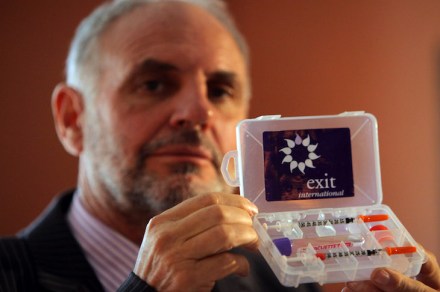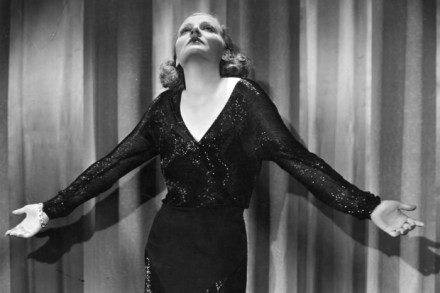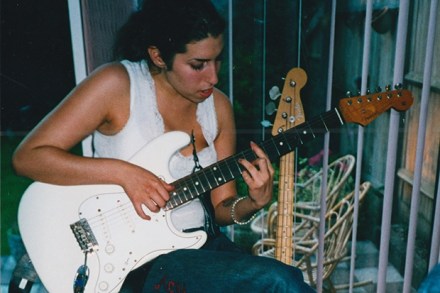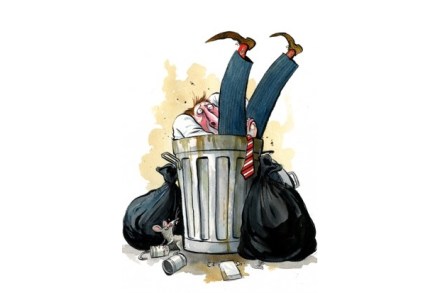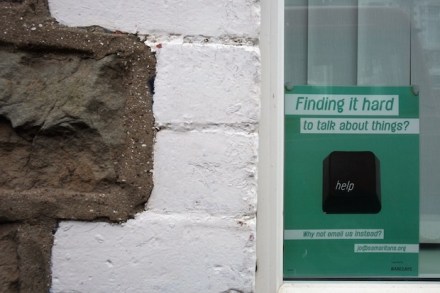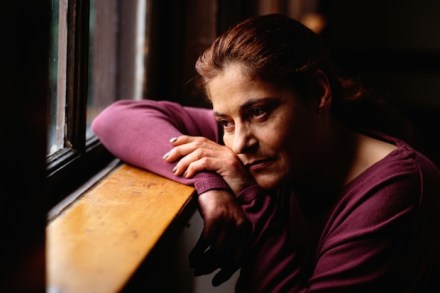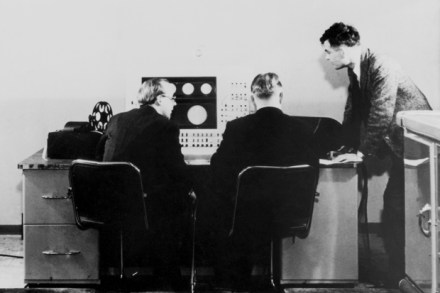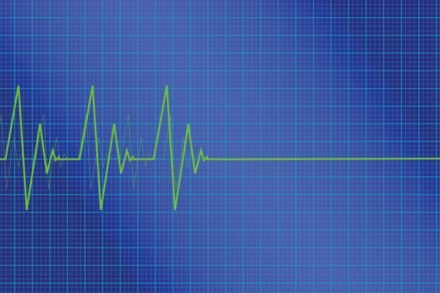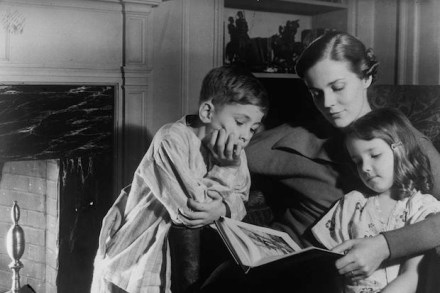Many people feel their life is worthless. The Assisted Dying Bill tells them they might just be right
As Charles Killick Millard conceded, there was an issue about grandparents. Millard, the leading figure of the Voluntary Euthanasia Legalisation Society back in the 30s, realised that people might cajole their elderly relatives into choosing death. But this had its benefits, he argued: ‘It would make querulous old folk more careful how they dilated upon their aches and pains.’ Havelock Ellis, one of the Society’s celebrity supporters, was blunter: he expressed his annoyance that ‘we are terribly afraid of killing those citizens whom we all regard as financially unpromising.’ There is a callousness in those remarks which resurfaces whenever assisted suicide is put forward. You can hear it in Baroness
